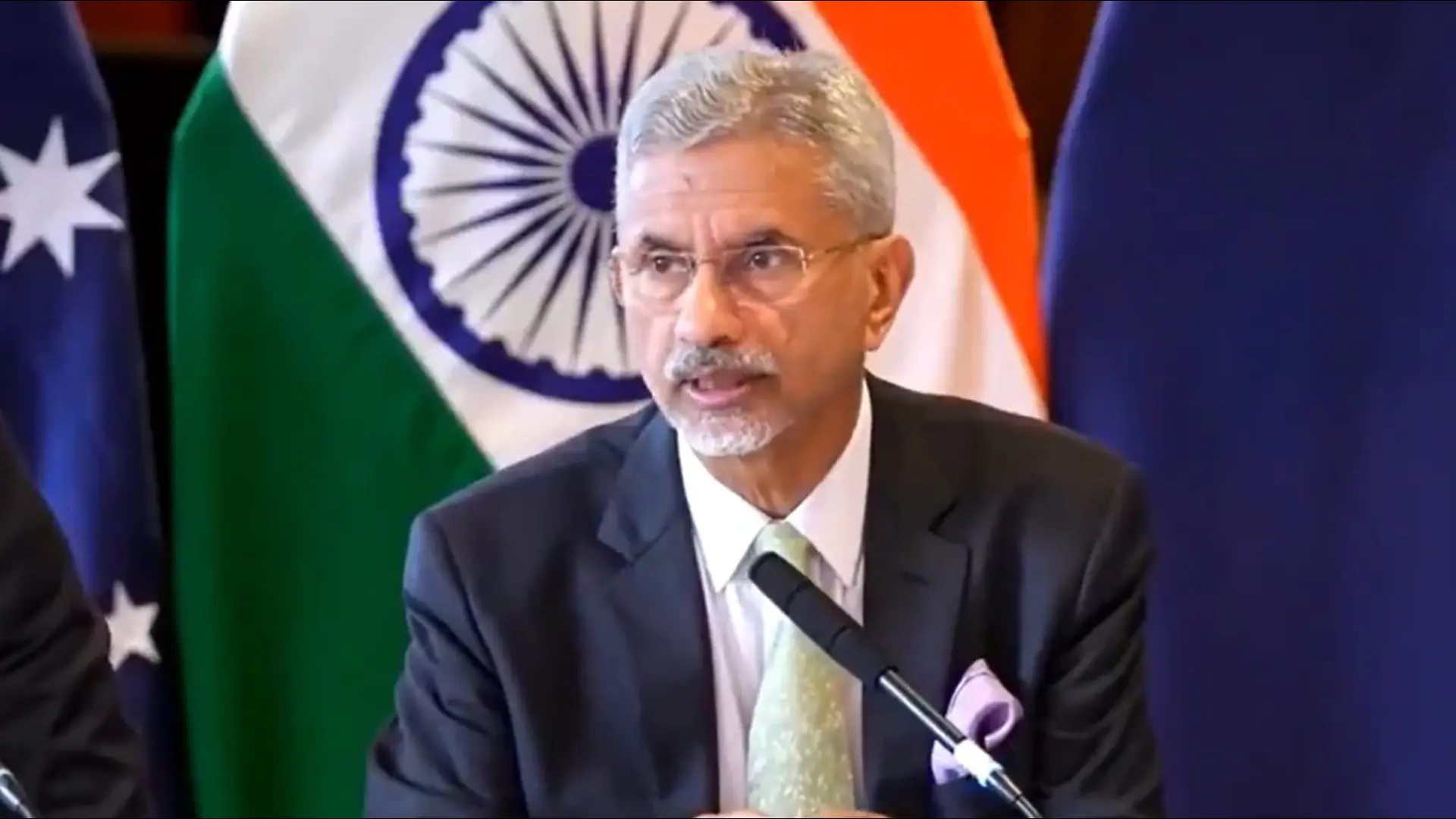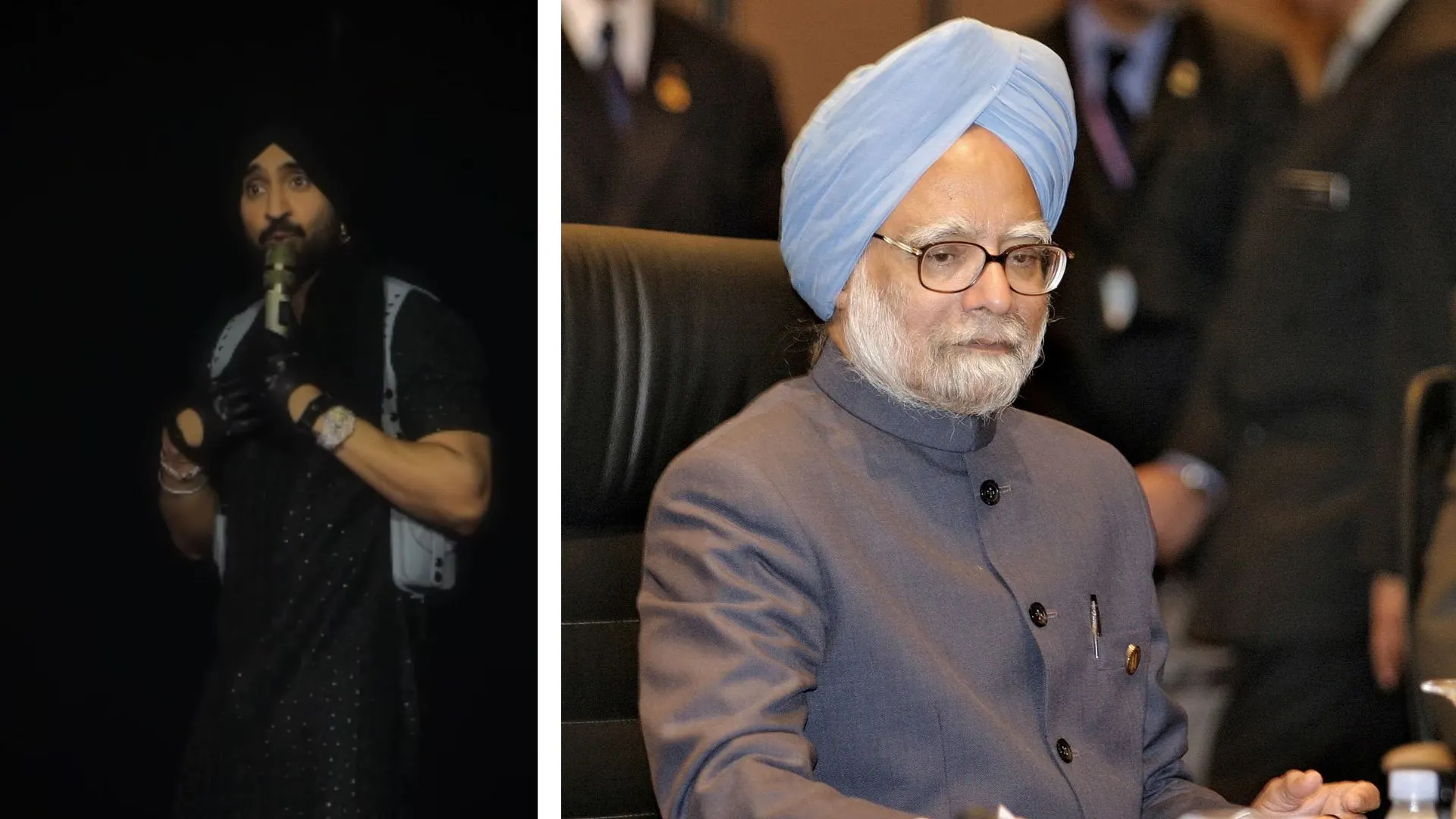Much is being made of the in-person meeting of the foreign ministers of India, United States, Australia and Japan in the second edition of the Quadrilateral dialogue, better known as Quad, in Tokyo. And rightly so, considering video conferencing is the norm at a time when there is a pandemic raging across the globe, courtesy the Chinese virus. A threat of Chinese proportions requires in-person meetings, apart from conveying the message to Beijing that the Quad means business. In an interesting departure from “norms”, External Affairs Minister S. Jaishankar used the word Quad in one of his tweets about the meeting— a departure because such is our love for “non alignment” that we do not even utter the word Quad, lest it be seen by Beijing as New Delhi becoming a part of an anti-China bloc. The problem is, India’s response to anything concerning China is generally so subtle that more often than not China takes it as a sign of India’s weakness. And now the all-important question: what was the outcome of the Quad meeting? The statement issued by the Ministry of External Affairs (MEA) was anodyne at best, talking about the four ministers having “reaffirmed their collective vision of maintaining a free, open and inclusive Indo-Pacific”—possibly the closest MEA can get to talking about China in public! But then to be fair to India, the foreign ministers of Japan and Australia too did not mention China even once, in contrast to US Secretary of State Mike Pompeo, who was sharp in his denunciation of the authoritarian Chinese regime. So in tangible terms, what was the outcome of the meeting, apart from the decision to meet “regularly”?
Pompeo’s statement, “Once we’ve institutionalized what we’re doing—the four of us together—we can begin to build a true security framework,” begs the obvious question: “when?” Is there a time frame to such an exercise? More importantly, what will be India’s role in it? Considering its record of sitting on the fence in the name of “non alignment”/“non alliance”, will India drag the Quad down to sloth-speed, by being somewhat of a “reluctant” partner? Or will it be one of the main catalysts in the formalisation of the Quad—and possibly Quad Plus countries—into a security alliance, somewhat similar to Nato? The fundamental principle behind such an alliance is, “an attack on one of the alliance partners is an attack on the others”. This step will have reverberations not just in the Indo-Pacific, but globally, for it will be the single biggest strategic move to force China to ratchet down its aggression against its neighbours and others. If there is anything that scares China, it is a united world standing up to it. The longer India takes to help formalise such an alliance, greater will be China’s aggression against India. With China, it is not a question of if, but when it will impose a conflict on India—at its convenience. India may be capable of fighting a war against China, but India needs a strategy to contain China, and formalisation of the Quad is one such strategy. Moreover, as the world’s most populous democracy, it is incumbent on India’s part to join hands with like-minded powers to ensure that an imperialist rogue country such as China does not get to control the reins of the world. As Mike Pompeo said in Japan, the Quad is “for the soul of the world—whether this will be a world that operates (as) a rules-based international order system, or one that’s dominated by a coercive totalitarian regime like the one in China”. India needs to be the catalyst towards this process. The determination India has shown in banning Chinese apps, or in standing up to China in Ladakh, should be carried forward to its Quad policy as well.

















